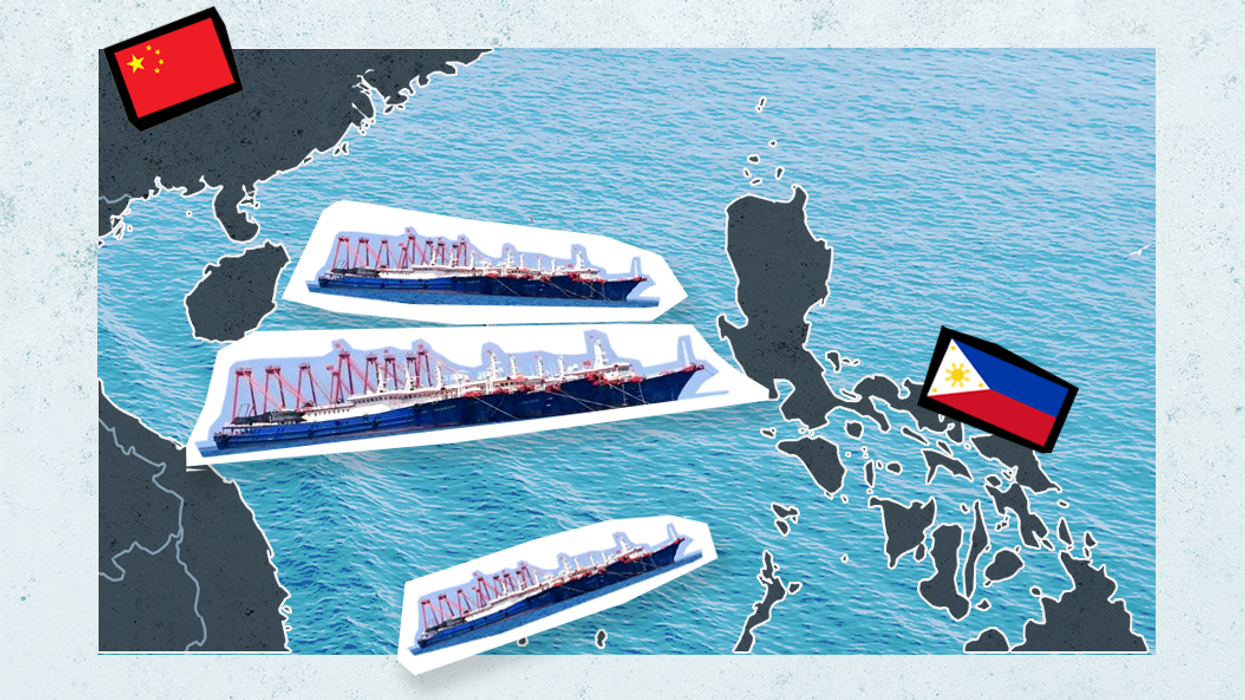popular
China makes a big move in the South China Sea
China has deployed a huge flotilla of "fishing" vessels to intimidate the Philippines in the South China Sea. It's a major escalation of Beijing using its "little blue men" militia to do the navy's dirty work in these contested waters.
Mar 22, 2021


